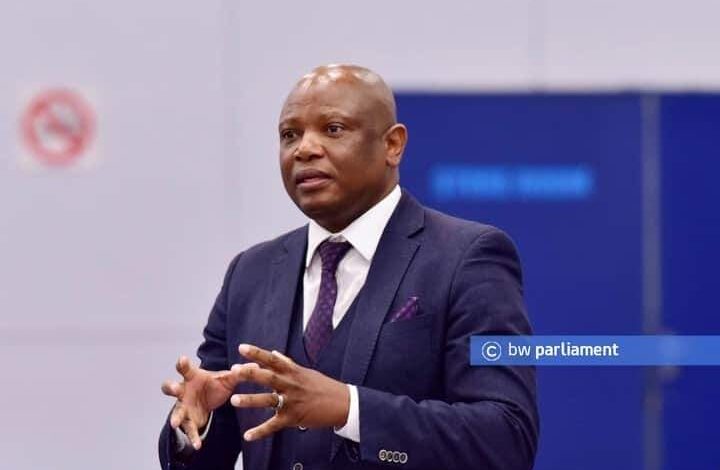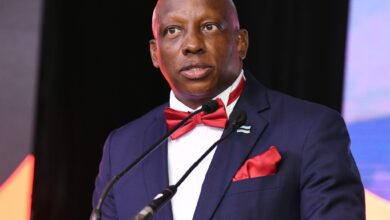
The Leader of the minority in the Botswana National Assembly, also the Vice President and the only Member of Parliament of the Alliance for Progressives (AP) Party- Honourable Wynter Mmolotsi is concerned about the national budget’s lack of vision, reflection and emphasis on Corona Virus Disease (COVID-19) pandemic.
According to Mmolotsi, the way the 2021/2022 national budget speech is, it does not reflect the government’s seriousness on combating the COVID-19 pandemic. “Batswana” Mmolotsi says “were expecting a budget speech that addresses the ills brought about by the disease as it is the main worry currently”. To the nation’s disappointment, so says Mmolotsi, the government did not deliver on those, also failing to uphold the status Botswana is known for, of being quick to actively respond to pandemics. He says the government was slow to respond to the pandemic to an extent that even up to now the vaccine has not been bought though other nations have already.
Though during the first lockdown- around May 2020 it was reported that a sum of about two point four billion pula (P2.4 billion) was used to acquire medical equipment including Personal Protective Clothing (PPE), Mmolotsi says even up to now some health facilities like Matsiloje COVID-19 isolation camp are running short of critical equipment like ventilators. This Mmolotsi says left many questions unanswered especially that the Minister of Finance and Economic Development did not outline in his speech how the money was used.
“We should have used this time to formulate an Economic Development Plan, and focus more on high impact projects. This country’s economy needs to be built, as it cannot build itself, and we can not succeed as a country by spending money without considering how to make more money” Mmolotsi is of the view that the minister failed to outline how the government will stimulate the economy and recover the Government Investment Account (GIA) which is currently sitting at five point six billion pula (P5.6 billion). “Economy specialists say that to achieve the high-income which is in our vision 2036, our economy needs to grow by eight percent (8%) or more annually, but minister Matsheka says he cannot resuscitate the economy to those figures, by that the minister implies that vision 2036 is dead.” he reiterated.
Mmolotsi expressed concern that the minister in his budget speech did not give an update on the developments that were promised in the previous budget, among other examples he gave, he cited manufacturing and agriculture sector which the government vowed to develop which he says even up to now there is no evidence of any progress. He also mentioned the government’s promise to restructure parastatals; promise to develop an e-commerce strategy; decentralization policy; employment policy; citizen economic empowerment policy; constitutional review, all of which he says the minister is silent about.
“The minister has brought forward the budget speech that is not coherent, which is visionless, which doesn’t show we are in a pandemic, and which does not demonstrate that we should lay a strategy to alleviate our people from poverty, to create quality employment, to give our people residential and commercial plots, to strengthen democracy and good governance”
Hon. Wynter Mmolotsi
According to Mmolotsi, at the foundation of economic recovery and development should be constitution review which the government is reluctant to implement, “The difference between successful nations and us is leadership” he said. “The government of the day does not have a vision, for example; the budget speech addresses only the current issues, not at least one or two years to come. We cannot succeed if we are this short-sighted.” Mmolotsi says that the minister should have indicated the number of companies he intends to turn them into multi-nationals, and how he helps them achieve that status, he says that those companies would increase revenue and employment. In conclusion, he says the minister could have indicated how and by how much he is planning to help Small, Micro and Medium Enterprises (SMMEs) which have greatly been affected by the lockdowns and curfews.





